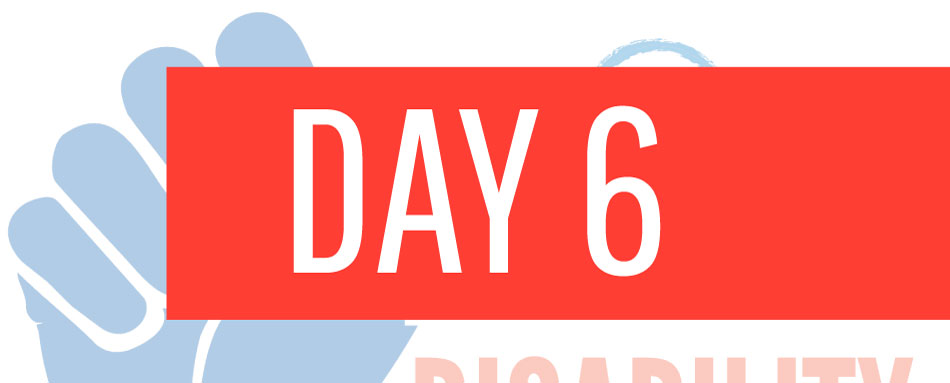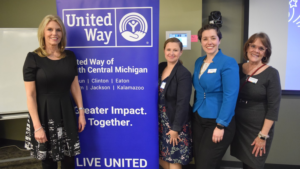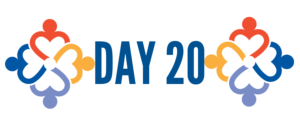
In its simplest form, ableism is the belief system that tells us it is better to be non-disabled than it is to be disabled. It’s the cultural message that many of us were taught when we were children. This belief is evident in our society’s lack of access and inclusion to the basic rights and benefits that non-disabled members of society have. Ableism is defined as the mistreatment, oppression, and/or exploitation of people with disabilities. It can also be described as discrimination of people with disabilities for the benefit of people without disabilities.
There are three levels, or categories, of ableism:
- Individual ableism consists of people’s thoughts and attitudes about disability.
- Systemic or institutional ableism consists of laws and policies that have direct and/or disparate ramifications on people with disabilities.
- Internalized ableism is the feeling of worthlessness and low self-esteem that people with disabilities have that cause them to apply ableist thoughts toward themselves.
In order for us to live in communities that are truly inclusive, people have to be willing to recognize and address their ableist attitudes, beliefs, policies, and practices so that we can begin to make change for the benefit of everyone.

Read
- Scary Mommy: What You Need to Know About Ableism & Disability Rights
https://www.scarymommy.com/need-to-know-disability-rights/?fbclid=IwAR25qkGX6dUQDBeV7X_WjpiWZScWvXOuuzkpcfHfRK3OBx0UZuWZyGidJtw - Forbes: Words Matter, And It’s Time To Explore The Meaning Of Ableism https://www.forbes.com/sites/andrewpulrang/2020/10/25/words-matter-and-its-time-to-explore-the-meaning-of-ableism/?sh=3e9ca4de7162
- The Mighty: 12 Ways People with Disabilities Experience Internalized Ableism https://themighty.com/2020/08/internalized-ableism-experiences/

Watch
- Let’s Talk About Ableism (10:25) https://www.youtube.com/watch?v=qXtVaFJPKM4
- TedX: The Discrimination You’ve Never Heard Of (9:48) https://www.youtube.com/watch?v=MEsw3qvpS9g
- Oops, you did an Ableism! (10:25) https://www.youtube.com/watch?v=fyGeX8gqx58
Discussion
- In what ways could we, as a society, be more inclusive of people with disabilities?
- What are some examples of ableist policies or laws that you’ve seen?










